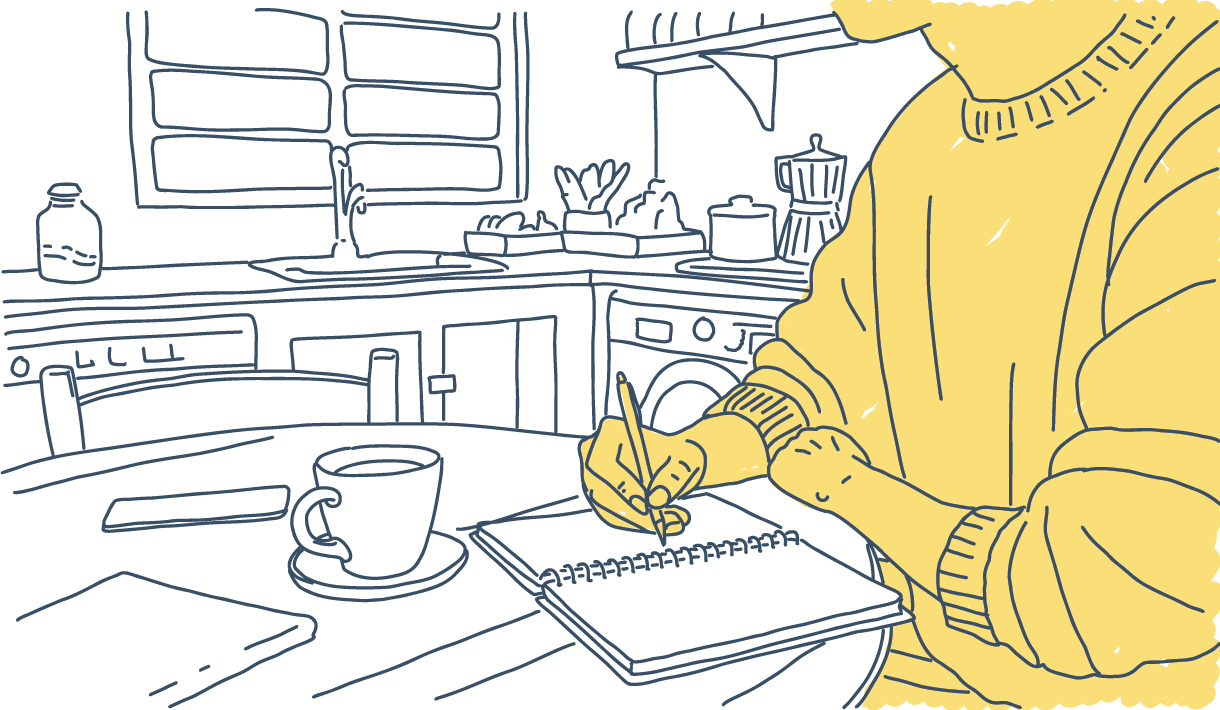The Paradox of Autonomy
Who wouldn't choose to have a high degree of freedom and self-direction in their days? In his book Drive, Daniel Pink explores what elements are present when we're intrinsically motivated. These are mastery (the urge to get better at something that matters), purpose (contributing towards something with a broader impact) and autonomy (the empowering desire to direct our own lives).

Many of us live in circumstances where we have a high degree of autonomy, yet our days seem to be busy, disjointed and stressful – not entirely the thriving the theory promises.
The problem may be that everyone else is autonomous, too. Just as you want that piece of information when you want it from an external source at a time that suits you, so does everyone else – and a quiet block of deep work is interrupted by requests, notifications and context switching.
Other challenges come with autonomy. You are now responsible for organizational structure, task prioritisation, time management and accountability. And if you're not fantastic at all of those, autonomy can make it easy to procrastinate and choose shallow tasks.
This set of balance issues is straightforward for a Day Crafting Apprentice, redesigning the system around what we do in our days to enable the best of those intrinsic elements whilst fixing some of the challenges (Day Crafting is a lot more besides, in case you think it is just time-management nerdery).
If system fixes are relatively straightforward, autonomy comes with another internal challenge that is harder to remedy—we're not always the wisest and kindest we could be to ourselves. The freedom that autonomy gives us means that we don't take breaks, neglect our self-care, overwork, keep everyone else happy, ignore the boundaries we've wisely set in the past and devalue our future needs.
Would you concede some autonomy to someone else (someone wise, loving, kind and with a perspective that maximises your wellbeing and thriving) if it meant, at times during the day, you were required to act against your immediate mood or feelings and stick to your boundaries; someone who prevented you from overcommitting or neglecting the day-enhancing activities you yearn to practice but rarely do?
I've been fascinated by the concept of a rule-of-life for years. Simply put, it is a set of guidelines that should enable balanced days, mastery and purpose, but I've realised something significant. The effectiveness of a rule-of-life isn't so much the rules but the question of autonomy that classic rule-of-life followers conceded to another – giving up some freedom and self-direction.
Without the presence of this wise and kind guardian, how can you enjoy these benefits? Can you curb your autonomy – even for a day? This is a challenge for those taking Day Crafting beyond the basics.
Written by Bruce Stanley on Wed, August 28, 2024
Please share this
Related posts
Only a minority of people actually review their course
Are you off course? This is an especially relevant question if you're in new territory or if you're making a new thing and more often than not, we are in that situation. Even if we think we're doing the same thing, the world around us is volatile and constantly changing. How does the opening question help? It helps in that the more often you review your direction and signs of progress, the more often you can course correct potentially saving you from using resources you would otherwise waste and the associated frustrations.
[It turns out that not many people do this very often]
Days with meaning: is it time to design and refine your purpose?
Self care of your purpose.
Day Crafting explores the flow of energy from your maintenance (energy in) through your physical and mental work (energy out) and it also highlights how purpose helps focus your energy and accumulate meaningful progress. Clear purpose is only one factor in your self-care but it can be disproportionately important for some.
Day Crafting: The Productivity Workbook
Day Crafting is about developing the skills to use time meaningfully. It is the everyday art of making a good life. It is a set of methods to craft the style in lifestyle.
How is your day different from how it could have been? Bridging that gap is the practical skill of Day Crafting. It is the good life in two steps: balance and flourish today, then repeat tomorrow.
